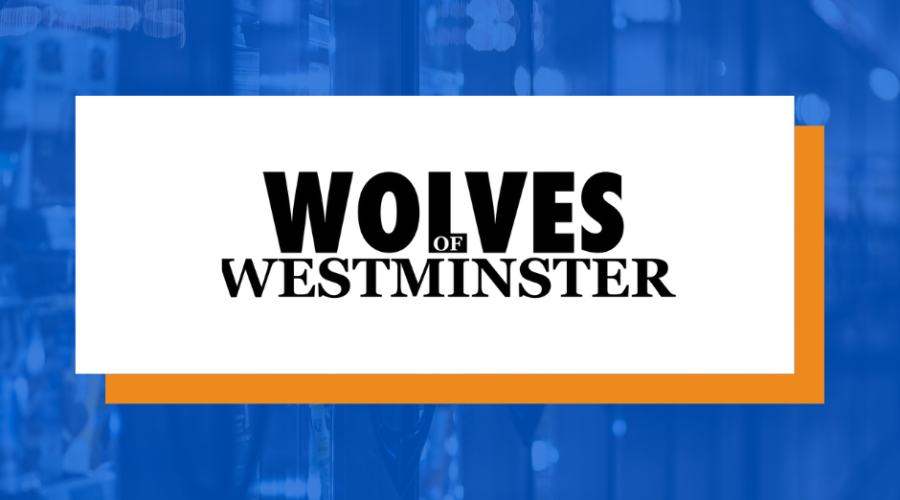Obesity has made Covid deaths worse – but let’s not learn the wrong lessons
Whichever way you look at it, obesity is on the rise in Britain. By 2018, the proportion of British adults classified as obese had reached 28 per cent. Deaths attributed to obesity and excess body fat are climbing with each year that passes.
In fact, a recent study went so far as to claim that obesity is now responsible for more deaths than smoking. Smoking-related deaths have been falling in recent years and as of 2017, 23 per cent of deaths were linked to obesity, versus just 19 per cent for smoking.
As we know all too well by now, this seems to have contributed to the UK’s disproportionately high Covid-19 death toll. Obesity is one of the key coronavirus risk factors identified by the NHS early on in the pandemic, for good reason. Even setting aside other risk factors like diabetes and heart disease, from the data we have so far, obesityappears to have an additional effect of its own.
Perhaps unsurprisingly, public health nannies have leapt on these facts to push their extraordinarily damaging political agenda. From sugar taxes to food advertising restrictions, this Conservative government looks as though it has been well and truly conquered by those who want to see enforced plain packaging on crisps and chocolates and calorie counts on pints in pubs.
That might sound like hyperbole – but it isn’t. Enforced calorie counts are on the agenda, according to documents leaked to the Sun. And the idea of plain packaging for unhealthy foods, like we already have on cigarettes, is a real, straight-faced proposal from the Institute for Public Policy Research, a left-wing think tank, and has been publicly endorsed by the nannies-in-chief at Public Health England.
Sugar might well be the new tobacco – and these campaigners want to see us repeat all the harmful mistakes that were made when trying to regulate smoking out of existence.
Sadly, the fact that this proposal comes from the left doesn’t mean that we don’t have to worry about it becoming a reality under a Tory government. Just a few years ago, those same groups of fringe lobbyists were the only ones campaigning for advertising bans on junk food and taxes on soft drinks – but now, ad bans have been embraced as government policy and the sugar tax is already in force.
Neither of those policies work, and both have disastrous side-effects. The so-called “sin taxes” are ineffective – the evidence shows that when confronted with taxes on sugary drinks, people either pay the inflated prices, switch to other high-sugar, high-calorie options like fruit juices, or buy cheaper own-brand soft drinks to offset the price difference.
In other words, they don’t have an impact on the amount of calories people consume – as we can see from the fact that obesity rates continue to climb.
These regressive taxes also make the poor poorer. Analysis has consistently shown that making essential items like food and drinks more expensive hurts the poor more than anyone else.
Advertising restrictions have similar problems. The government’s ad ban policy – whichappears to have been axed at the eleventh hour, but given the lack of official confirmation, could rear its head again any second – is to restrict advertising of what it deems to be “unhealthy foods”. The immediate issue with that is that the government’s definition of unhealthy foods which cause obesity and must be restricted apparently includes honey, yoghurt, mustard and tinned fruit.
Even more damningly, the government’s own analysis of its policy, which it stuck by for many months despite universal industry outcry, concludes that it would remove an average of 1.7 calories from children’s diets per day. For context, that is the equivalent of roughly half a Smartie. And that’s to say nothing of the immense cost of hamstringing the advertising industry, precisely when we are relying on private sector growth to revive the post-Covid economic recovery.
Government interventions are always going to be short-sighted and ineffectual by their nature. We should not ignore obesity – but the way we confront it must allow people to retain control over their own lives. Rather than taxing or regulating obesity in the hope that it goes away, government policy should create an environment which can facilitate weight management.
For instance, recent research found that a diabetes drug can do wonders for weight loss. People who took semaglutide suddenly found the pounds dropping off, with many losing 15 per cent of their bodyweight.
And health innovation goes far beyond the lab and the GP surgery. Studies have, shown, for instance, that the simple act of chewing gum can help people lose weight. “Chewing gum had a dual effect on appetite,” said researchers at the University of Liverpool and Glasgow Caledonian University. “It reduces both the subjective sensations associated with eating and the amount of food eaten during a snack… leading to an 8.2 per cent decrease in appetite for sweet and salty snacks.”
Instead of giving public health nannies free rein to govern our diets and shopping habits, the government should be investing in pioneering research like this to find free-market answers to obesity. If sugar really is the new tobacco, let’s not resort to excessive state meddling once again. Let’s instead harness the power of innovation and let our world-class scientific research institutions do the hard work for us.
Originally published here.


